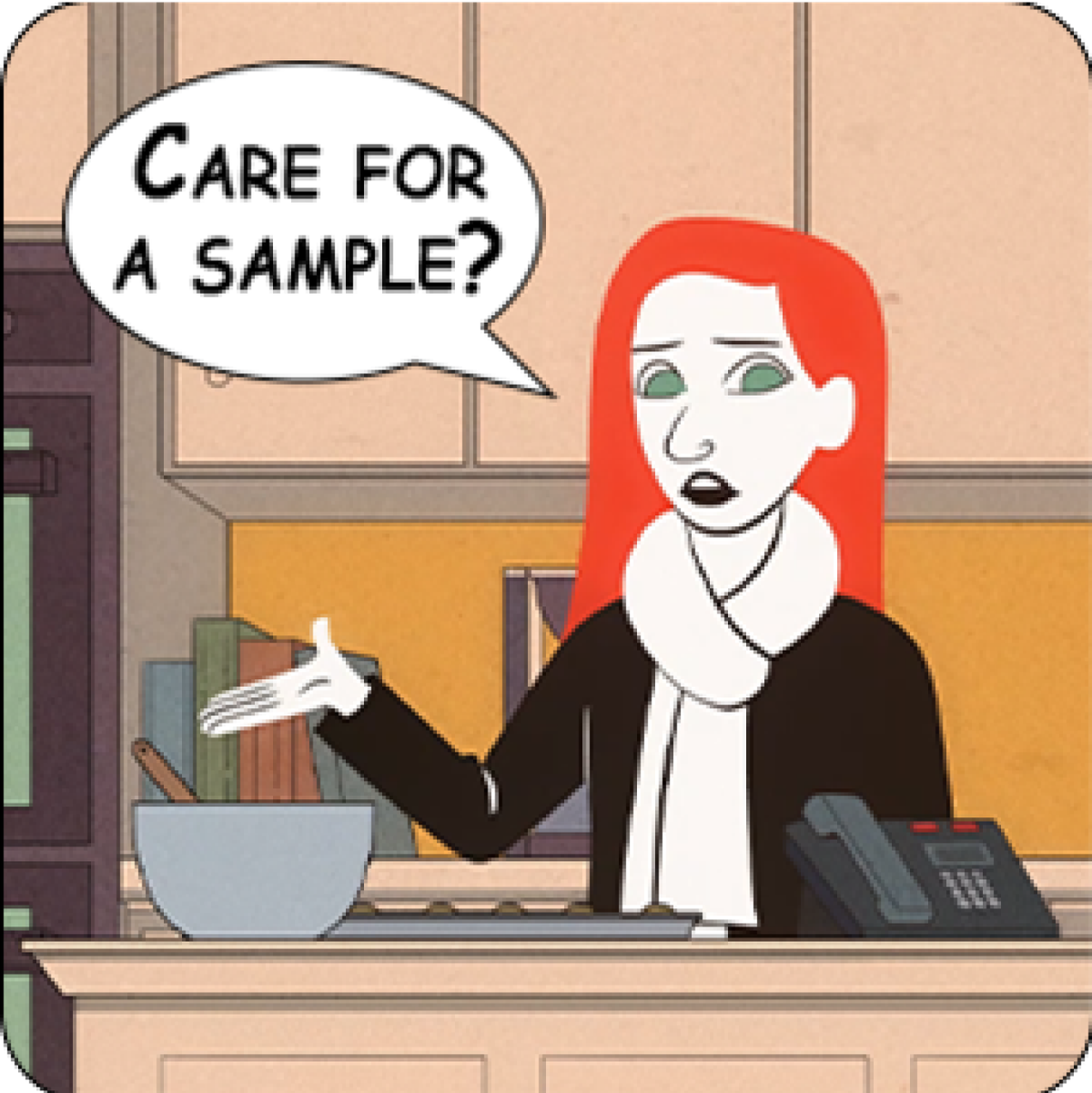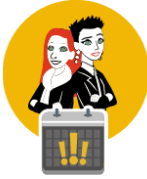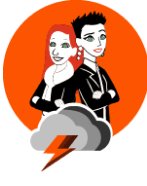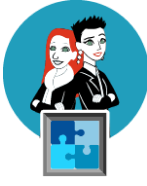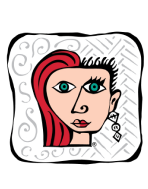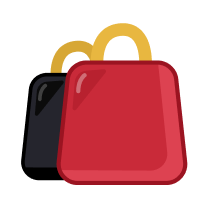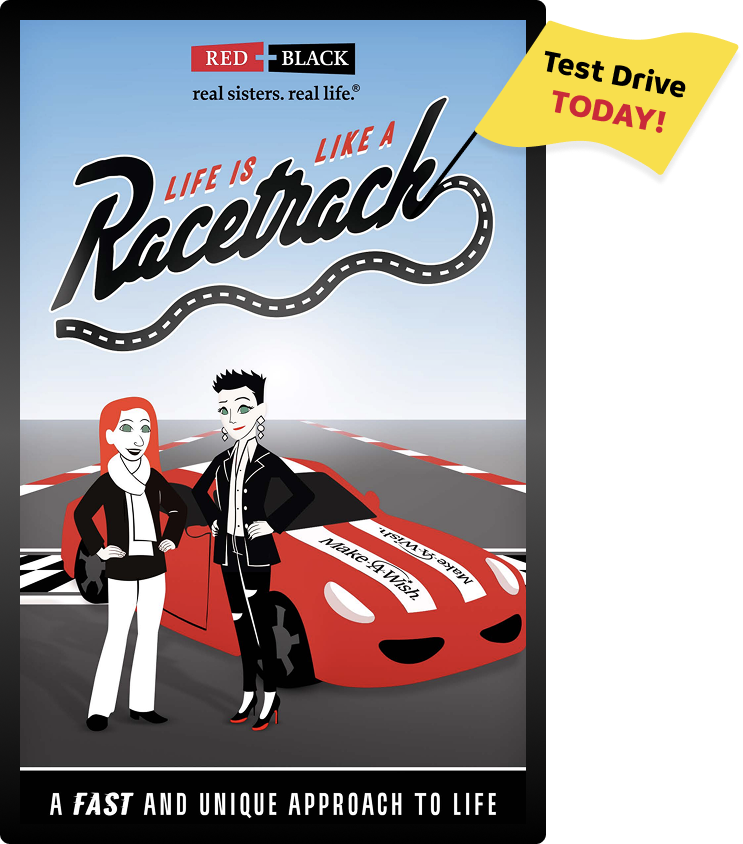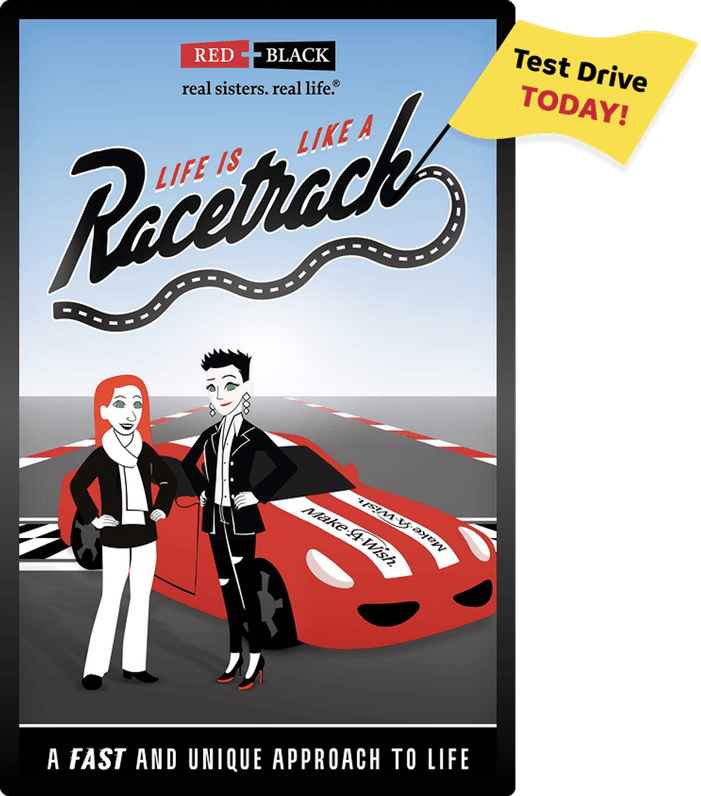Intro headline for the big picture section
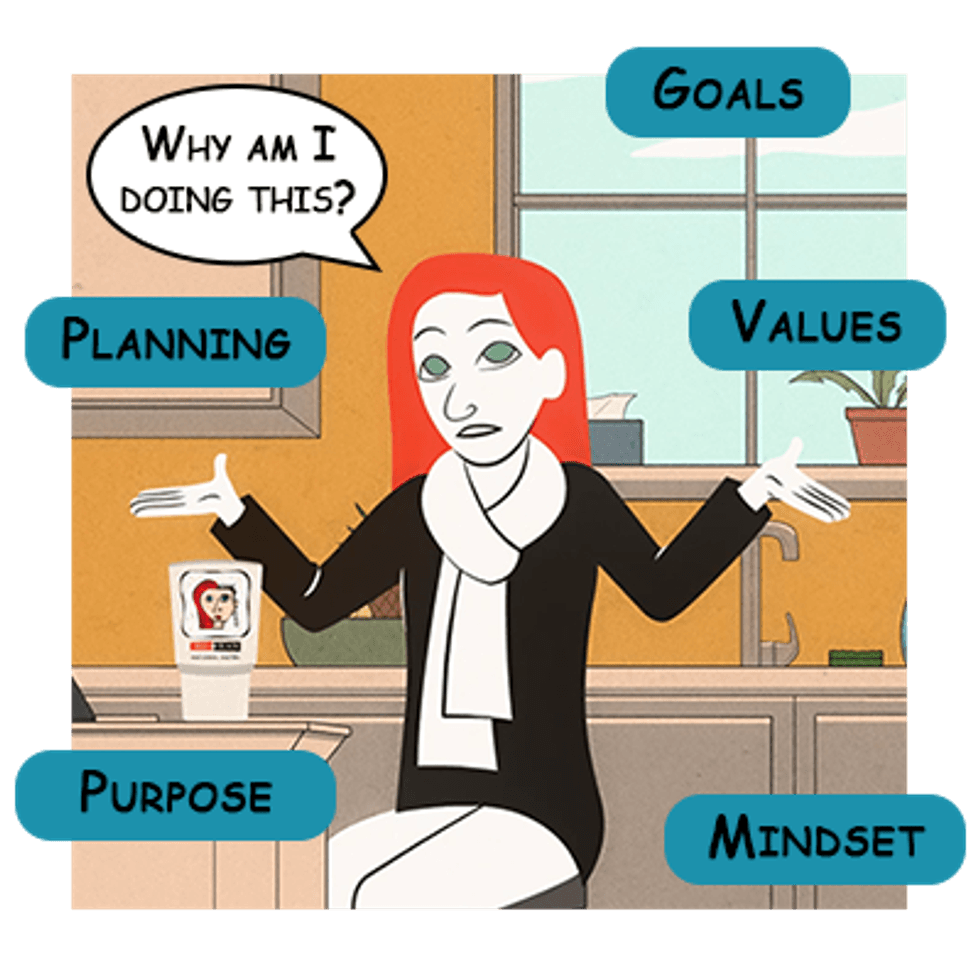
WHERE DO I START?
The last thing Red wanted to think about when she was in the midst of her crisis was her long-term goals and purpose. Her dreams had just been shattered, and the future was a dark and distant blur. She was barely getting through the day. She’d worry about tomorrow tomorrow. But once things started to settle down, she decided she was ready to think about tomorrow, and the days after that.
HERE’S ONE THING …
Red, like most of us, plans by starting with today. Black encouraged Red to try a different approach. Why not start with the end in mind? Start with what you want your life to look like, and work backward. Black’s Backward Planning Worksheet helps you think about where you want to be rather than where you are now – so you can plan how to get there.
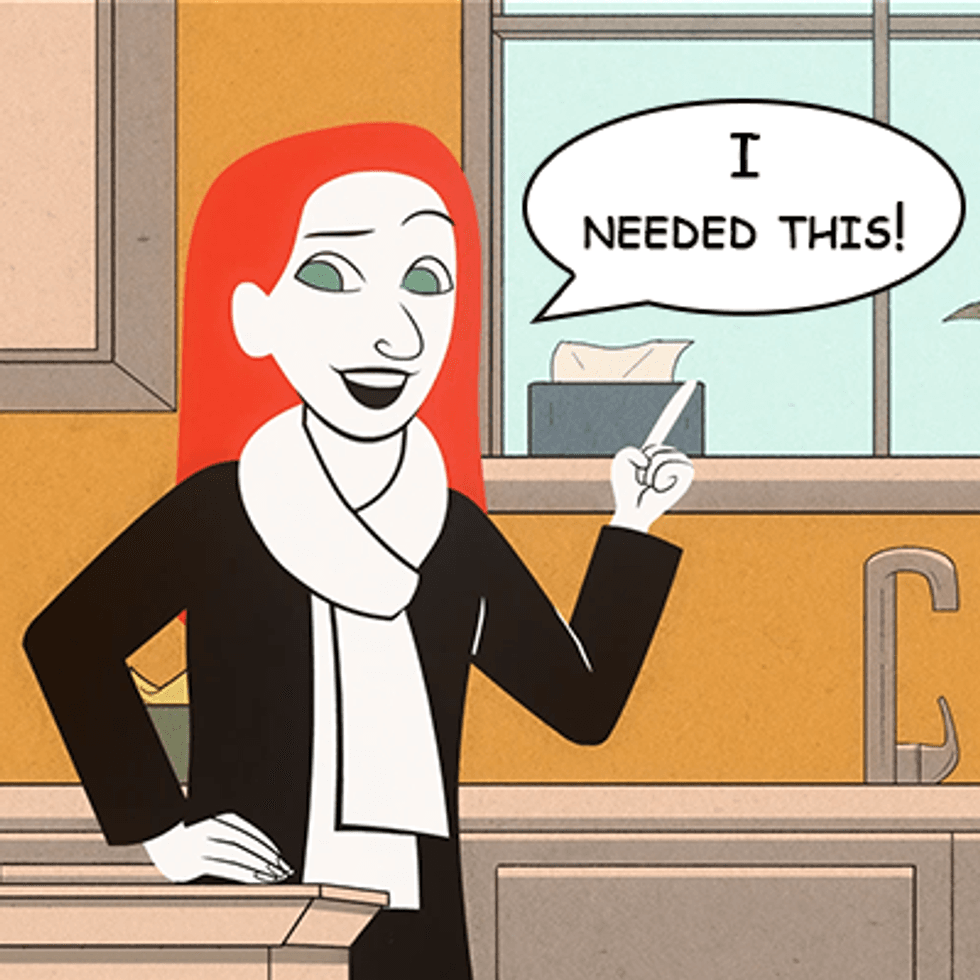
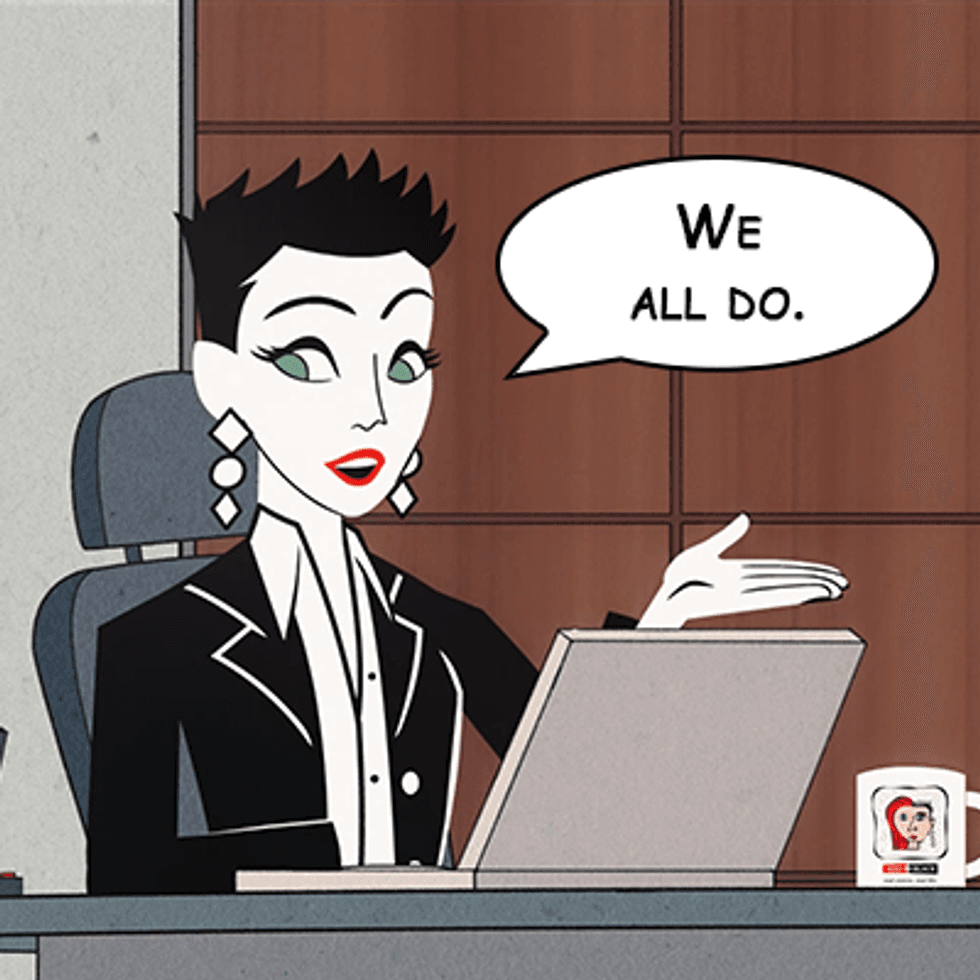
THERE’S SO MUCH MORE!
Having direction in your life will change the way you look at things. It’s the difference between just driving around and driving with purpose. Knowing there’s more than one road to your destination lets you step back and ask yourself, “Am I making good decisions today that keep me pointed in the right direction?” If you aren’t, you make changes. Because life is a journey, not a destination, we created THE BIG PICTURE.

THANK YOU! BET YOU THOUGHT YOU'D JUST GET ONE...
Don’t tackle life alone. We’ve been there – done that –and want to share what we’ve learned to help you make better decisions and live a better life. When you sign up for the free sampler, we’ll welcome you into our community with our selection of the best fan-favorite tips and tools.
Your privacy will always be of upmost importance to us. We don’t spam or sell our mailing list. And never will. But our feelings won’t be hurt if you don’t want to share your name.
